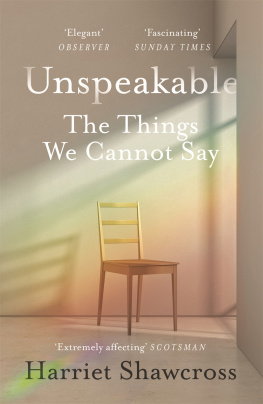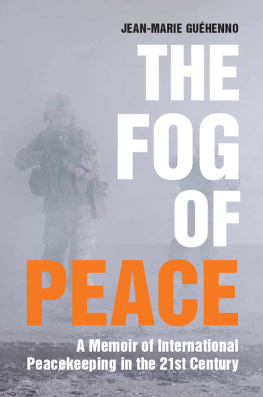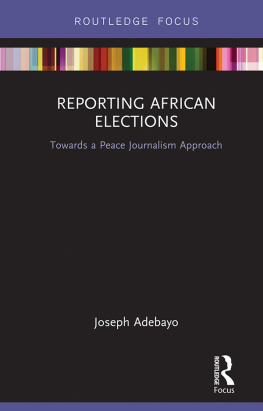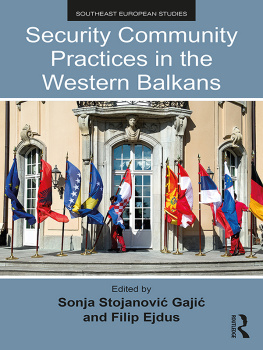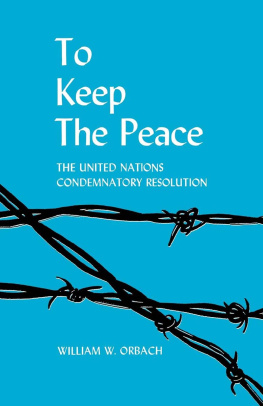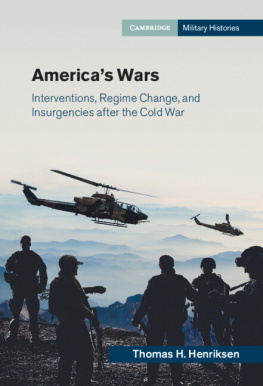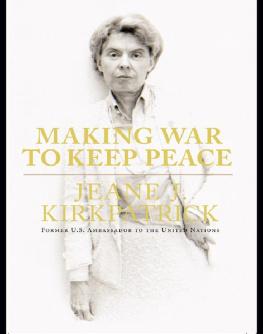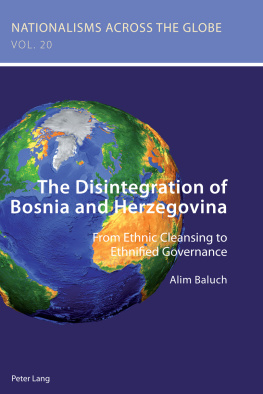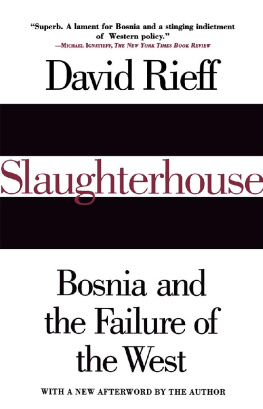
ALSO BY WILLIAM SHAWCROSS
Dubcek
Crime and Compromise: Janos Kadar and the Politics of Hungary Since Revolution
Watergate: The Full Inside Story (coauthor)
Sideshow: Kissinger, Nixon and the Destruction of Cambodia
The Quality of Mercy: Cambodia, Holocaust and Modern Conscience
The Shahs Last Ride: The Fate of an Ally
Murdoch: The Making of a Media Empire
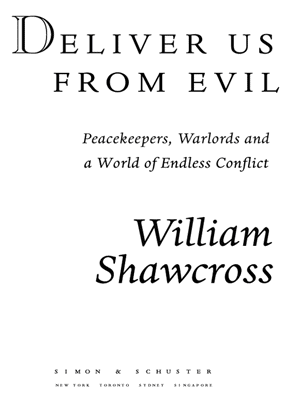

SIMON & SCHUSTER
Rockefeller Center
1230 Avenue of the Americas
New York, NY 10020
www.SimonandSchuster.com
Copyright 2000 by William Shawcross
All rights reserved, including the right of reproduction in whole or in part in any form.
SIMON & SCHUSTER and colophon are registered trademarks of Simon & Schuster, Inc.
Designed by Karolina Harris
Visit us on the World Wide Web: http://www.SimonSays.com
Library of Congress Cataloging-in-Publication Data
Shawcross, William.
Deliver us from evel: peacekeepers, warloads and a world of endless conflict / William Shawcross.
p. cm.
Includes bibliographical references and index.
1. World politics1989- 2. History, Military20th century. I. Title
D860.S48 2000
909.825dc21 99-058915
www.Simonspeakers.com
eISBN 978-0-7432-2577-9
ISBN 0-7432-2577-5
To Alice Mayhew, wonderful friend
Contents
DELIVER US FROM EVIL
Edmund Burke
THE ONLY THING NECESSARY FOR THE TRIUMPH OF EVIL IS FOR GOOD MEN TO DO NOTHING.
John Milton, Paradise Lost
LONG IS THE WAY AND HARD, THAT OUT OF HELL LEADS UP TO LIGHT.
Prologue The Worlds Texan
ON a dark evening at the end of 1993, the international aid worker Fred Cuny drove me up a hill in Sarajevo into a road tunnel, one lane of which was filled with more than two hundred yards of gleaming new machinery. Workmen were crawling over it to the sound of jackhammers digging up the road.
Cuny was a well-built, articulate and delightful Texas engineer who had a rare combination of strategic, engineering and analytical faculties. I first came across him when he installed sanitation in Cambodian refugee camps in Thailand in 1979. Now he was working for the International Rescue Committee on projects funded by George Soros, the financier and philanthropist.
Water was one of the most precious commodities in Sarajevo, a city besieged by the Bosnian Serbs. Thousands of people now had to draw it from the river in buckets every day. Often they were shot down by Serb snipers as they did so. Cuny wanted to stop that.
When we arrived at the tunnel, the jackhammers were still pounding, the arc lights were still lit, workmen were still crawling over the machine. I saw a fantastic structure, a thing of beauty, which looked like the engine room of an aircraft carrier. The pumps were all bought off the shelf in Texas; the tanks had to be designed not only for the tunnel, but also so that they would just fit into a C-130 transport plane. The whole plant came in twelve C-130 loads, fitting the fuselage with half-inch tolerance. Cuny showed me detailed drawings of how each huge section of the plant was slid off the plane onto truck transporters. He devised it so that each plane could be unloaded in only seven minutes, thus minimizing the risk of being hit on the runway by the Serb gunfire which always rendered the airport hazardous and sometimes closed it.
The water was pumped up from the river below the road. In the tunnel it passed first through a skid consisting of three chemical containers that added a flocculant, which bonded to the suspended particles in the water. This was sprayed onto a clarifier, where the heavier material was separated off into a sludge line, then pumped into the storm sewer system and back into the river. The clarified water passed through three filtersanthracite, sand and garnetand was then chlorinated and pumped up the hill to an old reservoir built in the days of the Austro-Hungarian Empire that had been abandoned for years until Cuny rediscovered it. It then ran by gravity through the city. So the project was a happy combination of ancient and modern. It cost only $2.5 million.
Cuny said that by the time the plant was finished, Sixty thousand people will have water twenty-four hours a day. Another sixty thousand for a few hours a day. Altogether, just under half the population of Sarajevo should benefit. He was outraged when the local mafiosi who controlled many of the resources of the besieged city beat the humanitarians; a combination of politics and corruption on the side of the Bosnian Muslim government delayed turning on the system for many months.
FREDERICK C. Cuny, six feet four in his Texas boots, was an American original. He was not a quiet American; he was a loquacious one. I see him as a great Americana sort of universal Schindler, a man with lists of millions of people in Asia, Africa, Latin America and Europe whose lives he succored or saved.
He was one of the outstanding people with whom I traveled through hideous crises around the world in an attempt to understand how the international community, the amorphous creature to which the New York Times refers (without caps) in editorials as not being able to cope with disorder, has dealt with it in the decade since the Berlin wall came down.
I write about Cuny not just because he became a friend who touched all who knew him, but because his world was the world in which I am interested here, and his engagements on some of the battlefields of what is often called post-modern warfare show the scope and complexity of finding international solutions to local or regional crises. His life and his work epitomized the story of humanitarian endeavor.
At the University of Houston, he studied urban planning. In the late sixties he worked in small towns along the Texas-Mexico border where there were often serious sanitation problems, mosquitoes and disease. His involvement in international humanitarianism began in 1968 during the civil war in Nigeria, when the region of Biafra attempted to secede from the federal republic. Images of starving children, displayed on front pages of newspapers and on television for the first time in a sustained manner, girded the first great international response to humanitarian disaster.
Many of the veterans of Biafra, like Cuny himself, went on to try to help in other disasters through the seventies and eighties. Biafra was where we first came to grips with dealing with famines, and the different ways of dealing with themeither food aid or market interventions, Cuny explained. Ways of targeting supplementary feeding were developed then, as were measurements of malnutrition. We still use the yardstick of Biafra to measure our performance, Cuny told me. Its the defining moment.
In 1969, at the height of that war, he had flown to Lagos to find out what it was about. He went to see the minister of the interior. I said, Cuny related, Im from Texas and Im here to study your war and tell you what you can do when its over to get humanitarian aid in.
The minister said, Thats interesting. Lets see your passport. He thumbed through to find the Nigerian visa and ripped it out, saying, We dont want anything to do with these damned Biafrans and all you Americans and others that are helping them. I want you out of here in twenty-four hours.


